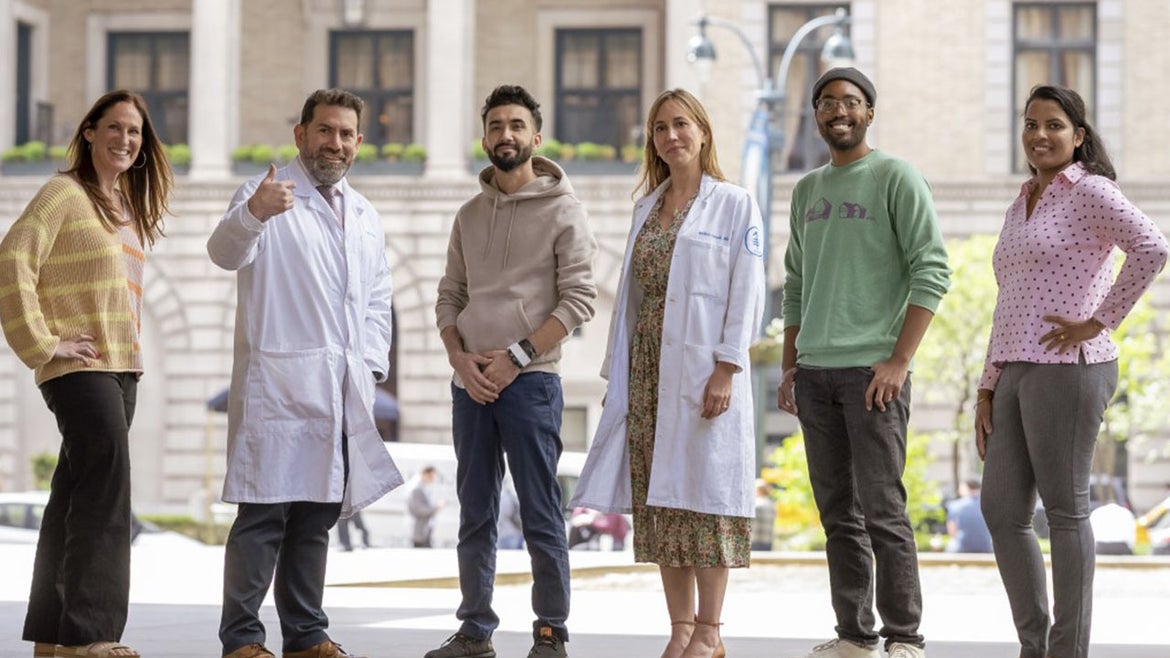The results of the trial were astonishing. All patients reacted positively to the treatment, none of them needing chemoradiotherapy or surgery, and there were no cases of progression or recurrence when the patients were followed up after the trial.
A small group of rectal cancer patients participating in a recent drug trial showed remarkable results: the cancer was eliminated in every single participant.
According to a publication published Sunday in the New England Journal of Medicine, the trial was undertaken on 12 rectal cancer patients at Memorial Sloan Kettering Cancer Center in Manhattan and had a 100 percent success rate. All patients showed no evidence of the tumor through M.R.I. scans and physical examination.
“I believe this is the first time this has happened in the history of cancer,” Dr. Luis A. Diaz Jr, an author of the published study and member of the White House’s National Cancer Advisory Board, told The New York Times.
The participants of the trial diagnosed with rectal cancer were facing alternative treatment options such as chemotherapy or surgery, both of which could possibly result in bowel, urinary, and sexual complications according to the Times.
Dostarlimab, the drug, was given to each patient every three weeks for six months.
The results of the trial were astonishing. All patients reacted positively to the treatment, none of them needing chemoradiotherapy or surgery, and there were no cases of progression or recurrence when the patients were followed up after the trial.
“Patients came to my office after just two or three treatments and said, ‘This is incredible. I feel normal again.’” Dr. Andrea Cercek, an oncologist at Memorial Sloan Kettering Cancer Center and a co-author of the scientific paper, told Memorial Sloan Kettering Cancer Center News.
Despite the "compelling" results, Dr. Hanna K. Sanoff of the University of North Carolina's Lineberger Comprehensive Cancer Center, who was not involved in the study, said it is unclear if the patients are cured.
In an editorial accompanying the research paper, Sanoof wrote, “very little is known about the duration of time needed to find out whether a clinical complete response to dostarlimab equates to cure,” according to the Times.
Nonetheless, patients were thrilled. “The first patient had a complete response to therapy and didn’t need anything else. Then the second patient didn’t need surgery or radiation. Then the third. Pretty soon we’re at the 10th patient that had a complete response.” Dr. Cercek told the Memorial Sloan Kettering Cancer Center. “That is incredible.”






